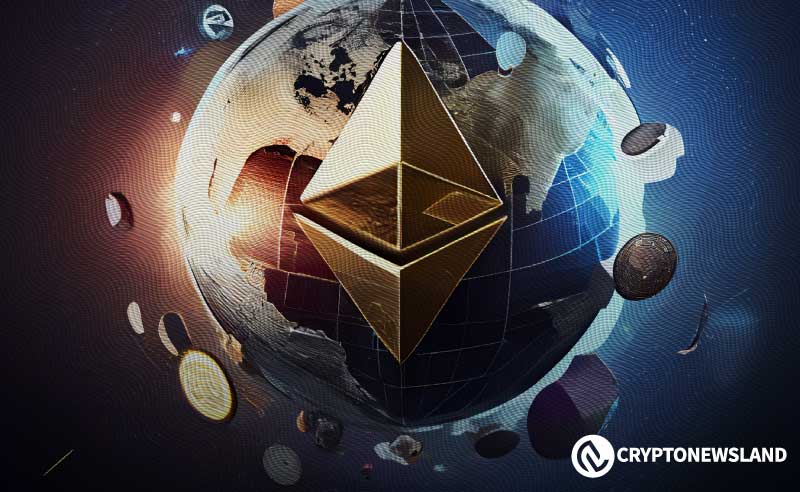- Ethereum increased its gas limit to 36 million units, improving transaction speed by 20% and reducing network congestion.
- Lower transaction fees by 10% to 30% make Ethereum more affordable for users and enhance the blockchain’s efficiency.
- Validators need better hardware to handle increased data, ensuring the network expands without affecting decentralization.
Ethereum has implemented a key update that increases its block gas limit from 30 million to 36 million units. This adjustment enhances transaction speed by 20% and makes the network more efficient. With this upgrade, Ethereum users experience reduced congestion and lower fees. This improves the overall blockchain experience.
Ethereum validators play a central role in these updates. Each validator can propose small incremental changes to the gas limit. Over time, a majority consensus determines whether an adjustment takes effect. In this case, 49.5% of Ethereum validators supported the increase. This led to its implementation.
The updating of Ethereum will boost its transaction processing capacity per block. Higher transaction capacity of Ethereum leads to decreased fees which benefits users who operate their decentralized applications through Ethereum and smart contracts. The improved system efficiency solidifies Ethereum’s role as a top blockchain platform.
Impact on Transaction Costs and Validator Requirements
With increased throughput, transaction fees have decreased by 10% to 30%. Lower fees make Ethereum more accessible for users conducting frequent transactions. The change also reduces network congestion and ensures faster processing times.
Validators must meet higher hardware requirements. A larger block gas limit leads to more blockchain data and requires additional storage and computing power. Those unable to upgrade their systems may struggle to maintain validator status. This requirement highlights the need for continuous technological advancements within the Ethereum ecosystem.
Ethereum’s steady approach to increasing its gas limit aligns with technological progress. As computing power improves, the network can expand without sacrificing decentralization. The measured increase prevents major disruptions and ensures small validators can keep up with the changes.
Ethereum’s Gradual Scaling Approach
Ethereum focuses on gradual improvements instead of sudden shifts. Incremental upgrades allow validators and developers to adapt. The latest increase aligns with the network’s long-term goal of scalability while maintaining security and decentralization.
Ethereum’s continuous development supports a more efficient and cost-effective blockchain. Each upgrade strengthens its ability to process transactions and power decentralized applications. The latest adjustment marks another step in Ethereum’s evolution toward a more scalable and accessible blockchain ecosystem.
